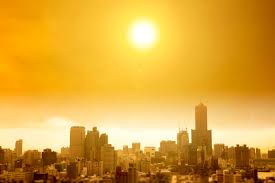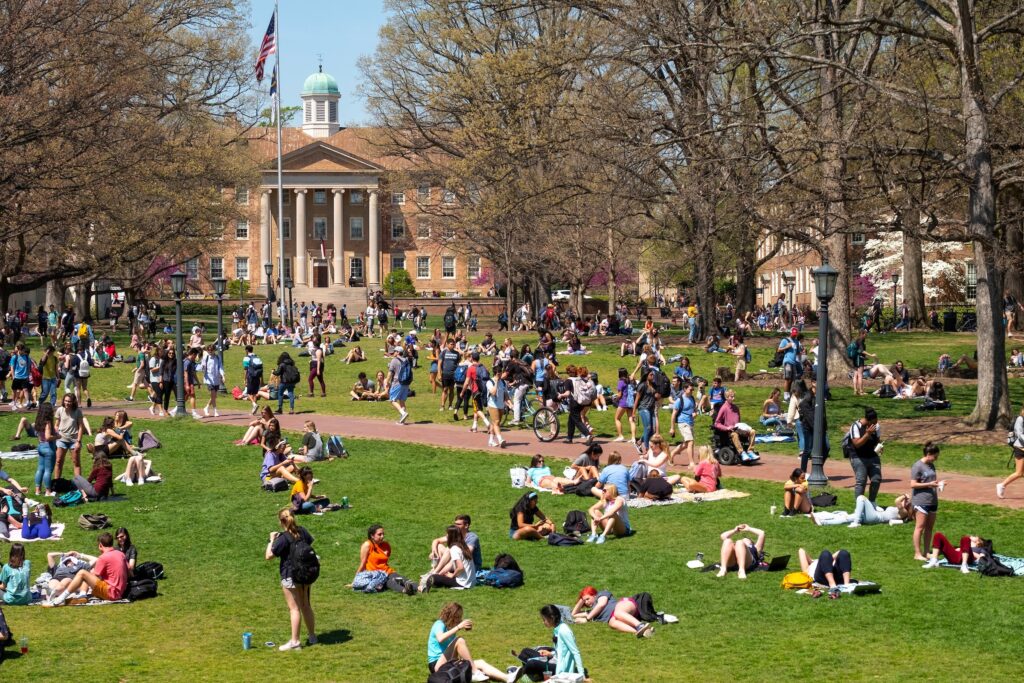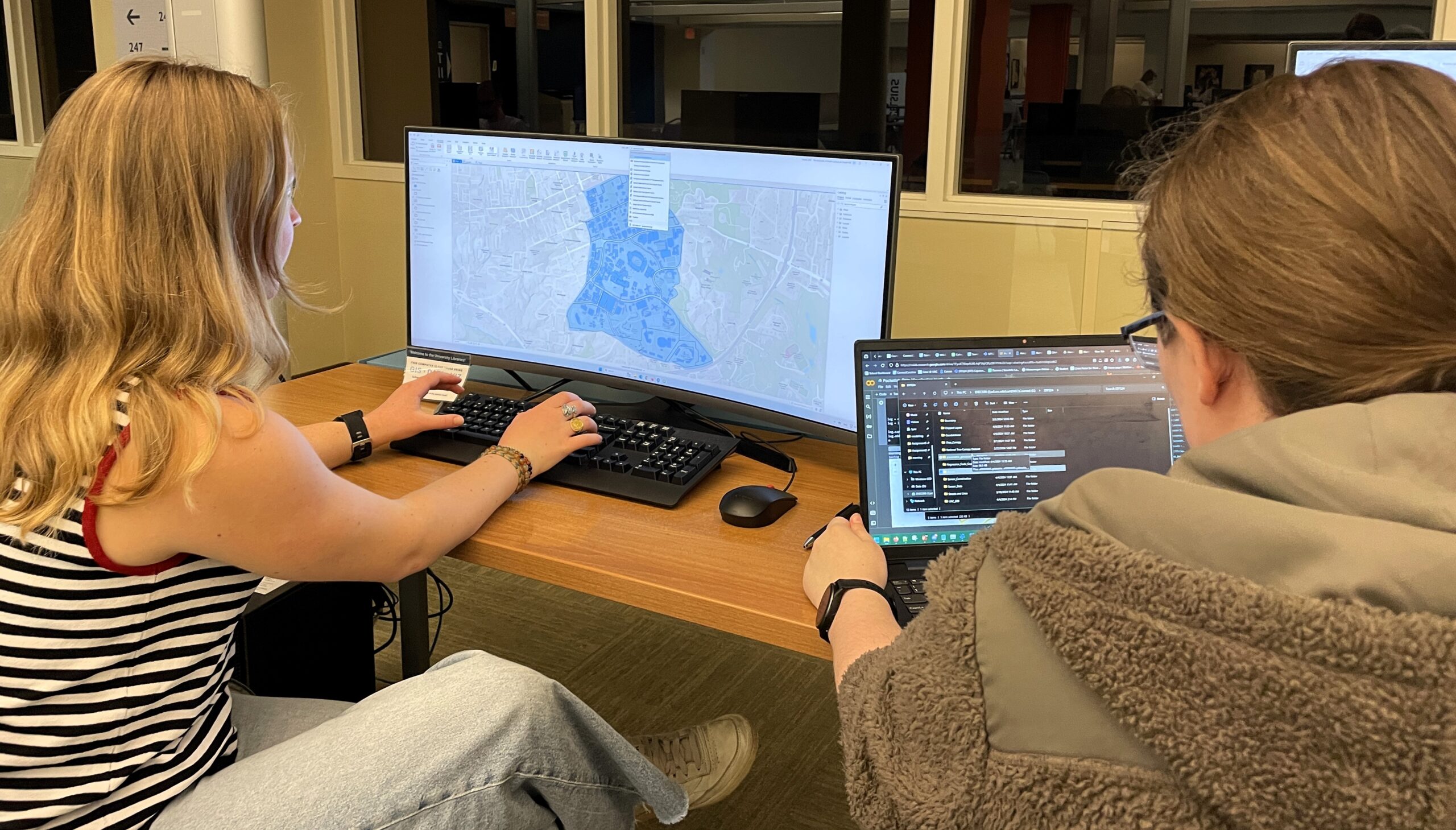
What is STFS?
The Sustainable Triangle Field Site (STFS) is a program that offers students a unique setting in the Research Triangle to pair academic studies in environmental, urban planning, urban design, and related fields with practical experience delivered through internships, capstone research projects, and field trips.
Potential Crisis

“Global average surface temperature has risen at an average rate of 0.17 degrees Fahrenheit since 1901”
US EPA
The Urban Heat Island (UHI) effect is a phenomenon that occurs when urban areas are significantly warmer than rural areas. This is due to city surfaces (asphalt, brick, glass, etc) being able to absorb and retain more heat than rural ground cover (grass, trees, crops). As temperatures continue to rise, UNC campus-goers are starting to experience the effects of UHI firsthand. Read More.
The 2024 Sustainable Triangle Field Site aims to address the Urban Heat Island effect and its impact on UNC – Chapel Hill’s campus.

Heat Vulnerability
Heat vulnerability is a serious global issue, one that extends into our own backyard. Recorded temperatures are increasing and so are “feels like” temperatures. As environmental stewards, it is our responsibility to investigate the Urban Heat Island effect and how it impacts our health and environment here in Chapel Hill.

Our Mission
This year, the Sustainable Triangle Field Site program and its constituents look to address the problems associated with the Urban Heat Island effect by studying tree canopy cover and collecting heat data along major and non-major trafficked corridors located within campus grounds. Following the data collection and analysis, we plan to use our findings to inform the University’s administration where heat vulnerability is most prevalent on campus. We hope our findings will serve as a medium to guide the University in any future development projects that potentially exacerbate the heat island effect and the mature tree canopy coverage that helps to mitigate it.